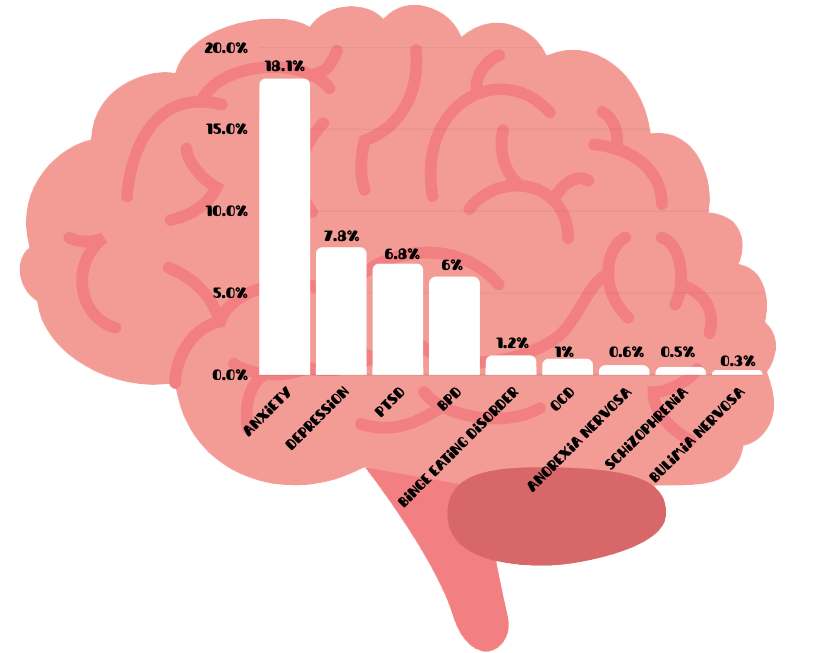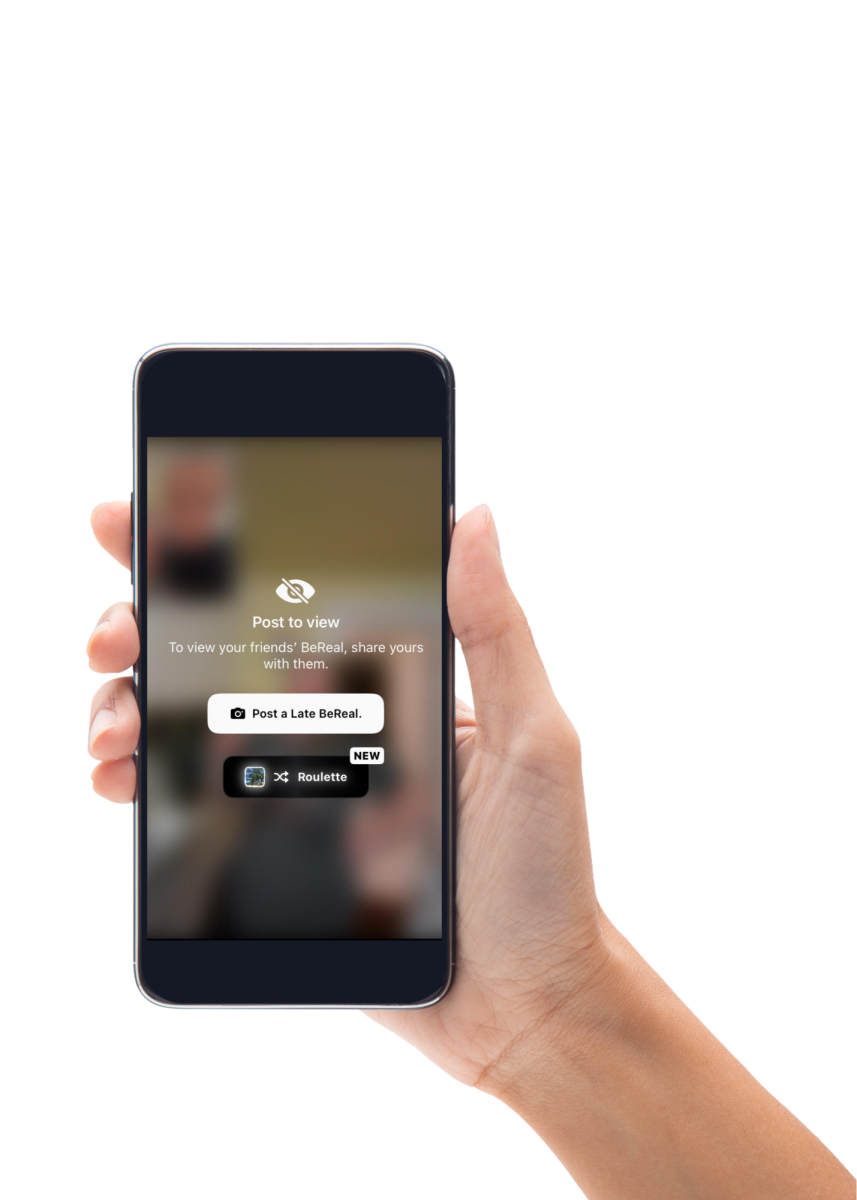With adrenaline pumping through your veins, you know that the hyperventilation will soon come after. Nothing feels real, like everything is from a third person point of view. Thousands upon thousands of thoughts race , but none of them seem to focus, whatsoever.
This is what panic attacks feel like for many people. Panic attacks are known as sudden episodes of intense anxiety triggered by a perceived threat.
This reaction may seem very physical, but the root of it all is entirely mental. Many mental health experts have encouraged the talk about mental health, despite the fact it’s often considered a “taboo” or “shameful” topic. Every single person deals with at least some sort of mental health issue, whether they’d like to admit it or not.
When it comes to Kadie Eklund (12), anxiety is more than just a natural, fairly manageable reaction to stressors. For her, school has a big part to play in this anxiety.
“School has affected my mental health both positively and negatively. When it comes to activities and extracurricular classes, my mental health has been affected positively, but when it comes to actual school work, my mental health has been affected negatively due to the stress it causes me.”
Last year for Eklund, school related stress hit her hard.
“[Depression has] made me not see the joy in what I’m doing as much when I’m going through it. Especially last year. I was not doing too hot, and was really depressed. Even things that I really, really, loved, I didn’t enjoy anymore. I didn’t enjoy playing the trumpet. I hardly practiced last year at all, because just getting [my trumpet] was too hard.”
Thankfully, she has much improved since last year, but with the end of this year, she’s been quite stressed with the end of year work-load and finals.
“With the end of the year, I sometimes have different events every single day of the week. This definitely has negative affects on me, especially with finals coming up, as someone who struggles with anxiety involving their education. When you strive for having that little day or even a couple hours of a break to recoup, this becomes very difficult.”
Eklund isn’t the only one attempting to increase awareness of mental health issues either.
Craig Penner, a counselor here at LSE, has also helped bring mental health issues to light.
“At school in 2024, education is harder than it’s ever been for students. I think we ask so many students on a daily basis, that anybody who might be struggling with their mental health, it’s [all] going to come out at school where they’re under pressure,” Penner said.
“Getting assignments done. Going to class. A bell schedule, going to a school lunch for a certain period of time, friends that are mean. If they’re being bullied. There are so many things that could impact a student’s well-being each day. If they feel good, it’s a good day. They feel bad. It’s a bad day. There’s so many factors and variables. This is the cause of why so many of our In freshman Maddie Skalka’s case, she suffers from Seasonal Affective Disorder (also known as SAD).
“I usually have more anxiety than depression. Especially in the summer, because I get more stressed about school, but during December, January, and February, [I get] most depressed.”
For Skalka, this makes being motivated, and getting work done in the winter months quite difficult. Despite this, she still manages to find positive coping strategies to help her with feeling anxious or depressed.
“I’ve found a lot of comfort in playing my Alto Saxophone, as well as listening to musical theater playlists and Taylor Swift. My counselors also have recommended good, positive coping strategies, such as journaling and talking with my friends.”
Skalka says that talking with her friends has been one of the most effective ways of coping with her issues. With many of her friends’ support, she has been able to handle stressful circumstances better, as well as become less depressed.
For Eklund, finding support is key: “You can’t [get better] alone. If you try to, it’s only going to get worse. Asking for help doesn’t make you weak. In fact, it makes you stronger.”







